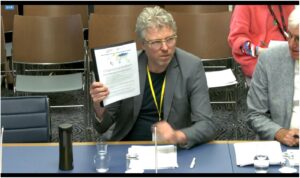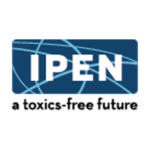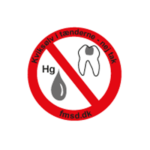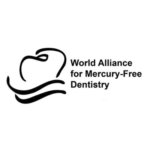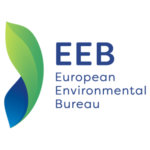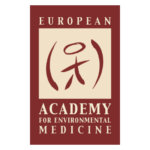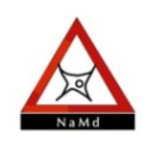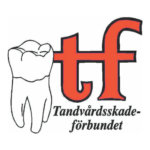Stormont risks putting dentists’ wallets over people’s health, say toxics campaigners
Ending Northern Ireland’s use of neurotoxic mercury in tooth fillings will bring significant benefits, without having an adverse impact on everyday life, MLAs have been told.
On 18 April, representatives of civil society presented robust evidence to Stormont’s Windsor Framework Committee against any justification to invoke the ‘Stormont Brake’ on EU’s planned end to the use of dental amalgam. With an average of 0.6 grams per filling and a total use of 40 tons of mercury per year, dental amalgam is the largest remaining use of mercury in the EU and contributes significantly to secondary exposure through environmental pollution.
The committee’s inquiry was provoked by a call from the British Dental Association (BDA) to halt the implementation of the measure, set for 1 January 2025. In a previous consultation, the BDA emphasised that the phase-out could lead to economic losses for dentists and warned that it could have negative effects on patients.
However, they would agree if the NHS were to increase reimbursements. This should be feasible with the £4.3m funding announced by the Department of Health.
At the hearing, representatives of the World Alliance for Mercury-Free Dentistry pointed out that the financial interests of a single professional group should not take precedence over the costs and risks to the general populace.
Charles Gailey Brown, President of the World Alliance for Mercury-Free Dentistry, explained that, “Dental amalgam consists of 50% highly toxic mercury and studies have shown that factoring the environmental and health costs in, these fillings are far more expensive than alternatives such as composite. But who is footing this bill? It’s not the dentists!”
According to the BDA, composite fillings used by dentists in Northern Ireland cost £80 to £150, or considerably more for private patients. Those who cannot afford it have no choice but to take affordable amalgams from the NHS.
Florian Schulze, Administrative Vice President of the World Alliance for Mercury-Free Dentistry and Managing Director of the European Network for Environmental Medicine, called it an injustice. He said: “Patients should have access to less expensive alternatives. The price difference does not reflect the actual workload and cost of materials and minimally invasive treatments are a much better for teeth as they preserve more healthy tooth structure.”
Nowadays there are two categories of alternatives: One is multilayer composites, which have superior colour matching; the other is innovative glass ionomers, compomers or bulkfill composites that are about as durable and can be processed in a time-saving manner.
In countries such as Poland or Germany, these time-saving materials are already used for basic permanent care and reimbursed fully by the public health services. In Northern Ireland composites are reimbursed at about £20-50 for children’s molars.
Dr. Graeme Munro Hall, Chief Dental Officer of the World Alliance for Mercury-Free Dentistry, confirmed that he does not need more time for alternative fillings, especially when considering that patients have to come back a second time for polishing amalgam, as this has to cure for 24 hours. Dr Munroe Hall has been mercury-free in his practice in England for over thirty years.
He presented numerous studies demonstrating that, “Small amounts of mercury are constantly released from dental amalgam which poses a health risk especially to the vulnerable population. It accumulates in the body and is passed from mothers to their unborn children, where it can lead to neurological impairments. Young women working in a dental practice are especially at risk. Since most mercury is released during placement and removal, patients with sound fillings and without symptoms should consider keeping them.”
The representatives were supported by numerous NGOs which signed an open letter that was submitted to the committee. For Friends of the Earth Northern Ireland, CHEM Trust, Women’s Environmental Network, Hazards Campaign, Fidra and the Alliance for Natural Health it is clear: dental amalgam pollutes our air, water, and land. Since alternatives are available, effective, and affordable, it should be banned, as envisaged by the EU.
Over 30 countries worldwide have already phased out amalgam. In eight months this number will rise to over 50. Northern Ireland should make no exemption.
Further information:
Recording of the hearing on 18 April: https://niassembly.tv/windsor-framework-democratic-scrutiny-committee-meeting-thursday-18-april-2024/
Written submission from World Alliance for Mercury-Free Dentistry (PDF, 12 Pages): https://www.niassembly.gov.uk/globalassets/committee-blocks/windsor-framework-democratic-scrutiny-committee/world-alliance-for-mercury-free-dentistry—joint-statement.pdf
Written submission from Dr. Graeme Munro-Hall, Chief Dental Officer World Alliance for Mercury Free Dentistry (PDF, 7 Pages): https://www.niassembly.gov.uk/globalassets/committee-blocks/windsor-framework-democratic-scrutiny-committee/world-alliance-for-mercury-free-dentistry—written-briefing.pdf
NGO Open Letter:
Pictures:
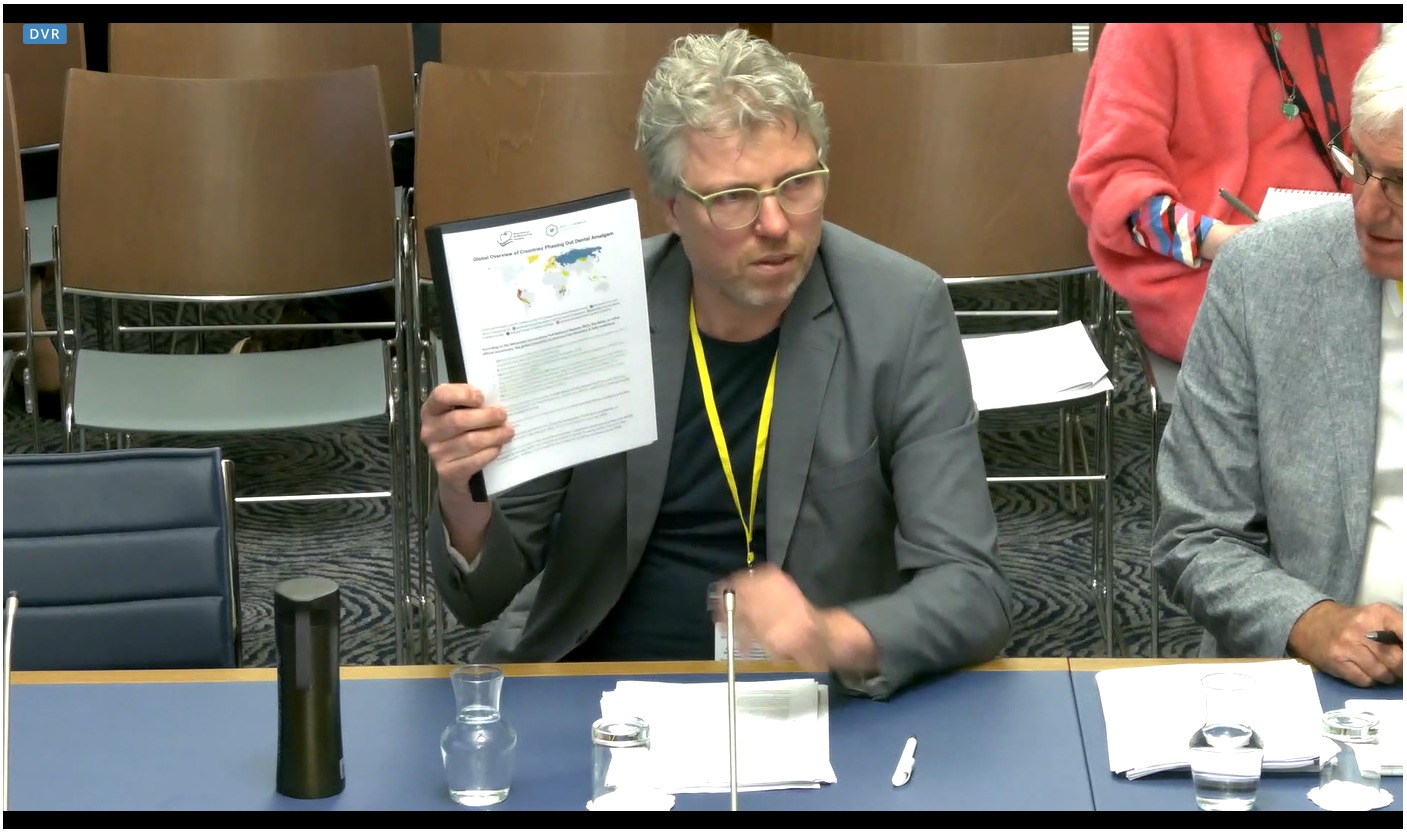
Florian Schulze highlighting a map of countries having already phased out dental amalgam

Dr. Graeme Munroe Hall giving evidence to the Windsor Framework Committee

